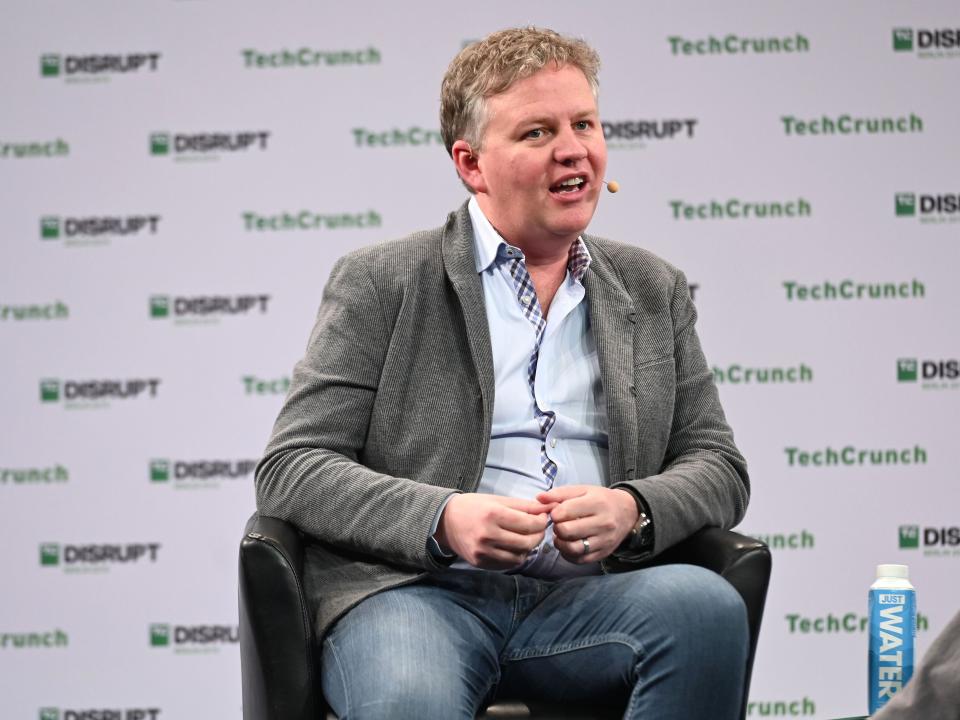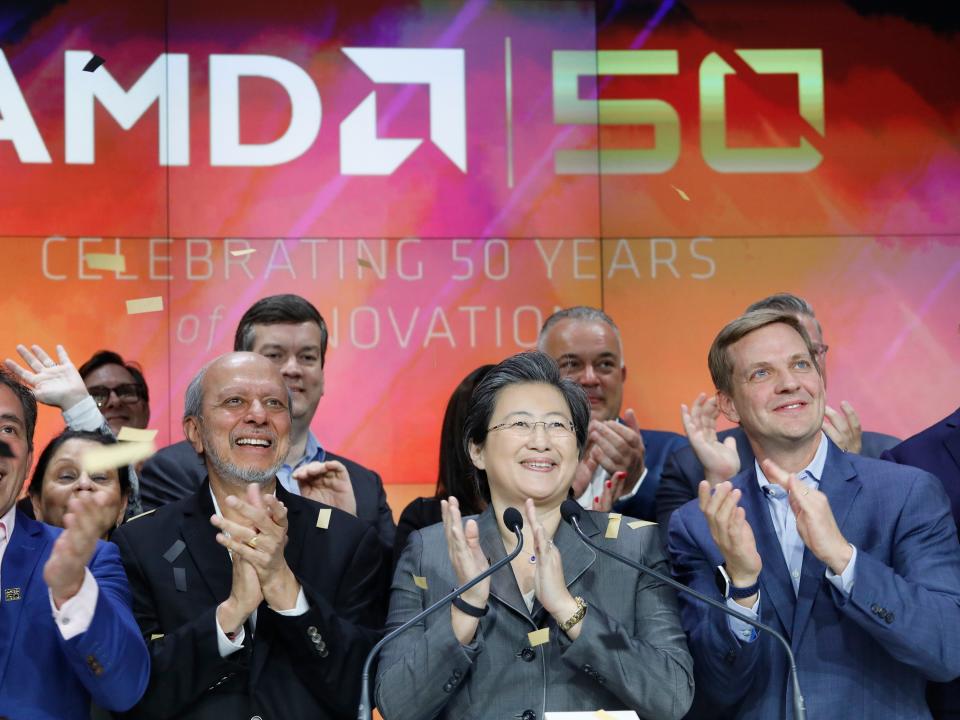
-
The list of tech companies laying off workers keeps growing, including recent cuts from Google and Microsoft.
-
According to layoffs.fyi and Insider’s calculations, more than 65K workers have lost jobs so far in 2023.
-
However, not all tech companies have announced layoffs. Check out some that have avoided mass cuts so far.
The list of companies laying off massive swaths of workers in recent months just keeps getting longer.
In recent weeks, big tech companies have announced they would lay off eye-popping numbers of workers: Google laid off 12,000, Microsoft 10,000, and Amazon 18,000.
According to the tech layoff tracker layoffs.fyi and Insider’s own calculations, more than 65,000 tech workers have been cut from their jobs since January 1.
The crush of layoffs in the first few weeks of 2023 followed a brutal year for the tech industry in 2022. Both Meta and Twitter laid off significant portions of their workforces last year.
However, not all tech companies have announced a round of job cuts in the last 6 months. Here are some tech firms that have avoided recent layoff announcements:
Nvidia

Nvidia makes computer chips for video games, crypto mining, and desktop computers. It has also invested in artificial intelligence.
The company was co-founded by its CEO, Jensen Huang, and it’s headquartered in Santa Clara, CA. Nvidia had frozen hiring over the summer as the broader economy slowed but now has more than 1,000 open roles, according to LinkedIn.
Apple

Many people on social media have celebrated Tim Cook for asking for a 40% pay cut for 2023 while avoiding layoffs at Apple.
While Cook may not have taken the cut to avoid job losses – in a filing, the company said the decision was made to address shareholder concerns about Cook’s high pay package – it still won the company some goodwill.
Apple is the only major tech giant to avoid job cuts so far after Google, Microsoft, Meta, and Amazon all announced cuts in the last few months.
Cloudflare

Cloudflare CEO Matthew Prince recently told Insider that the company is well-prepared for an upcoming recession and that he’s actually “kind of excited” about it.
Prince said his cloud and cybersecurity company recognized the signs of a slowing economy and slowed hiring faster than some larger tech companies like Amazon, Meta, and Microsoft.
“If we hired at that pace, we’d be doing layoffs, too,” Prince said.
HubSpot

HubSpot is one of the few companies in the software space that has avoided a massive layoff announcement in recent months.
One of the company’s larger competitors, Salesforce, announced it would lay off 10% of its staff, or about 8,000 employees, earlier this year.
After Twitter laid off 50% of its workers in November, Hubspot’s chief people officer posted on LinkedIn, attempting to woo the social media platform’s former staffers to join Hubspot.
Block

Block has avoided layoffs amid the recent downturn, although Twitter, another tech company started by Jack Dorsey, saw 50% of its staff laid off when Elon Musk took over in November.
Block is a fintech company that owns Square, Cash App, and Tidal. It was co-founded by Dorsey and Jim McKelvey in 2009.
Broadcom

In May, computer chip maker Broadcom announced it would acquire software company VMWare for $61 billion.
The deal has yet to close, but some employees at both companies fear the tie-up could result in layoffs.
So far, there have been no layoff announcements at Broadcom, although some employees at VMWare have left the company since the deal was announced.
AMD

Chipmaker AMD hit a roadblock when new export restrictions put in place by the Biden administration meant that companies like AMD could not sell equipment to China.
However, CEO Lisa Su was optimistic when speaking about the business late last year at Fortune’s Most Powerful Women Summit, saying she feels “wonderful” about the industry’s future.
“We have lots of things in front of us, and that’s what we’re always thinking about,” Su said. “What does the next five years bring? And that’s really helped us grow as much as we have.”
Palo Alto Networks

Palo Alto Networks has yet to be hit by the layoff wave that has affected many of its competitors in the cybersecurity and cloud space.
In 2020, when many companies began cutting workers amid pandemic fears, Palo Alto Networks CEO Nikesh Arora announced that he would forgo his salary to avoid layoffs.
Crowdstrike

Crowdstrike is another cybersecurity company that has so far avoided layoffs.
“When you think about security, obviously, that’s something that companies are going to need. In fact, when we see a downturn in the economy, when you see some of these layoffs, it’s an area that’s of great exposure to many companies, and it’s a time when adversaries continue their relentless attacks,” CEO George Kurtz said recently on CNBC.
“From a cyber perspective, the demand is there,” he added.
Box

Despite a slowing economy, Box is doing better than ever.
The cloud storage company, which was founded by CEO Aaron Levie in 2005, recently reported $250 million in revenue, which was 12% higher than last year.
“We’re really proud of the fact that this is our first billion-dollar revenue run rate quarter, so we can now say that we’ve crossed that billion revenue threshold, which is super exciting,” Levie told TechCrunch in December.

LinkedIn is the social media platform many tech workers turn to post about layoffs and announce they are open for new work. However, the social networking platform has yet to announce job cuts.
This month, the company’s COO, Daniel Shapero, said he thinks it’s still a great time to work in tech, despite the recent spate of mass firings.
“As much as the tech sector might be facing headwinds … there remains a very big gap between the supply of digital skills and the demand for those skills in markets around the world,” Shapero told The National’s Business Extra podcast.
MoonPay

MoonPay is one of the few major players in the crypto space that has not announced major layoffs in recent months amid the collapsing price of cryptocurrencies and the fallout from FTX’s bankruptcy.
MoonPay is a fintech company that provides technology that allows users to buy and sell cryptocurrencies.
The company recently hired Time president Keith Grossman as president of enterprise.
Read the original article on Business Insider